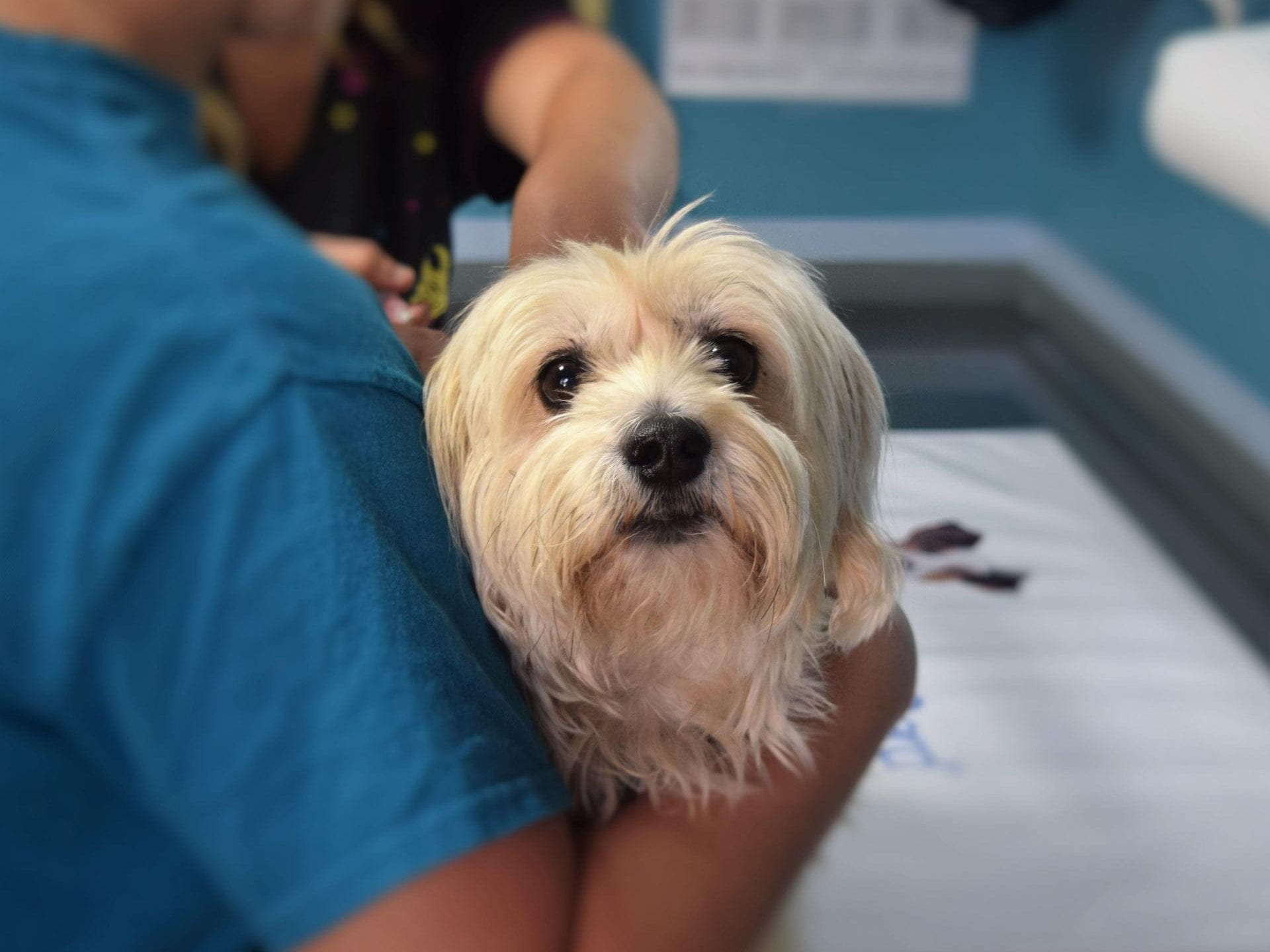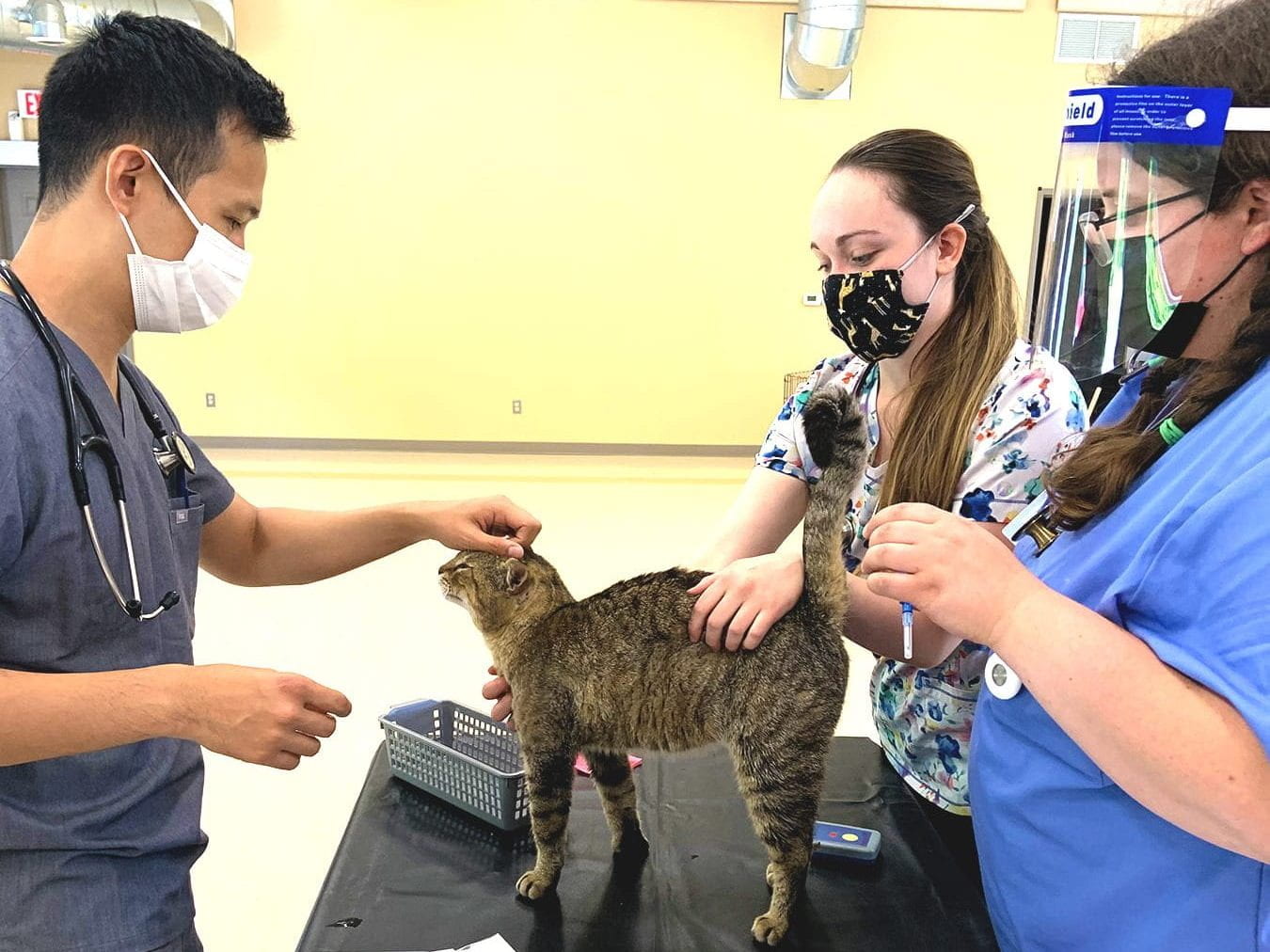The RCVM@OVC program is currently founded on 6 avenues of research in relationship-centred veterinary medicine:
Clinical Communication
Clinical communication is at the heart of veterinary medicine. Effective communication increases client adherence to veterinary advice, enhances satisfaction in the service relationship for both clients and veterinarians, and improves the welfare of animals. (More…)
Team-Based Veterinary Care
Team-based veterinary care is critical for optimal team functioning and well-being within veterinary teams. Any effort to relieve the pressure of bourgeoning caseloads, the workforce shortage, and client expectations requires a team-based approach to support efficient and sustainable veterinary medicine. (More…)
Virtual Care
Virtual care offers the veterinary profession another avenue to support the veterinary-client relationship. Understanding where, how, and when virtual care can be used to support the delivery of client services and patient care is important for its adoption in veterinary medicine. (More…)
Accessing Veterinary Care
Accessing veterinary care for a pet is critical to the pet’s well-being. Access is affected by the manner in which veterinarians communicate to pet owners the value and features of care options. (More…)
Human-Animal Relationship
The human-animal relationship plays a significant role in society. Recognizing how this relationship benefits society is important for optimizing health outcomes for humans, animals, and communities. (More…)
Veterinary Training
Evidence-based training prepares veterinary professionals to engage with clients in a relationship-centred manner. This component of training is critical to optimal outcomes in veterinary medicine. (More…)
“Establishing an understanding of the current state of relationships in veterinary medicine is an integral step in creating evidence-based best practices and supporting positive outcomes for veterinary professionals, clients, and pets.”
Dr. Kat Sutherland, PhD, Lab Alumna









